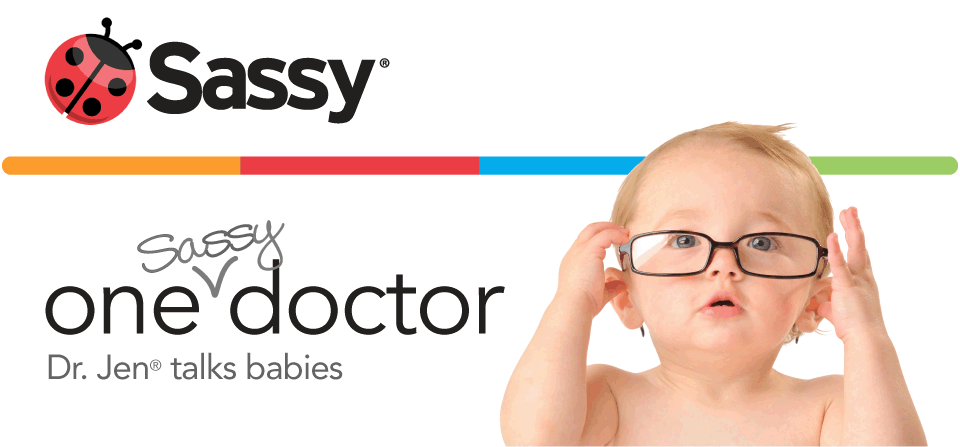Figuring out exactly the right amount of milk/formula intake for a who's starting solids (and when that curiosity kicks in!) can be challenging. An 8-month-old baby is well into solid soft foods and probably will start pincer-grasp self-feeding within a short period of time. A baby at this age may start “weaning” herself from a more liquid diet to a more solid one, which is a natural part of development. Every step babies take in the eating category is a step toward more independence. Further, the fine-motor skills she's learning will lead to self-feeding.
Here’s Dr. Jen's handy way to think about volume of liquid nutrition for a child who has started solids:
- Between 4 and 6 months, a child should have about six meals a day, each between 32 and 40 ounces. Of course this will vary between babies, but this is a good rule of thumb. I suggest starting solids as late as possible; if you can stretch it to six months, that’s great. Even if your baby does start a little bit of solids at this point, try and maintain the liquid nutrition, keeping a focus on pushing the start of solid foods as close to the six month milestone as possible.
- Between 6 and 9 months, a child will have two to three feedings of starter foods each day, each about 1-2 tablespoons. There should be super pureed initially, introduced one at a time with a four or five day waiting period between each new food so your baby’s plate gradually grows more colorful. Your child should have four or five liquid meals, perhaps with a little less volume, around 24-32 (or 3-4 bottles) each day.
- Between 9 and 12 months, babies will eat three meals a day, each about two to four tablespoons and transitioning into bite-size pieces (Remember: soft! small!). Liquid intake at this stage also goes down (as you are experiencing) to three or four feeds a day, again at a lesser volume: 20 to 30 ounces per day.
What About Water?
Babies younger than 6 months do not need water intake on a regular basis - in fact water may lead to problems for the baby's essential body processes. Your pediatrician may recommend a little bit of water for various reasons, and certainly take his or her advice. At the age of 6 to 12 months, babies still don't need much water, but introducing a bit via a bottle or sippy cup can assist in yours getting comfortable with the texture and “taste” of water. If it is extremely hot outside, it is important for a baby at this age to have about one bottle of water each day in addition to the nutritive intake described above. By the way, I do not recommend juice – period – for babies.
Welcome to parenthood’s constantly changing challenges!
Welcome to parenthood’s constantly changing challenges!


